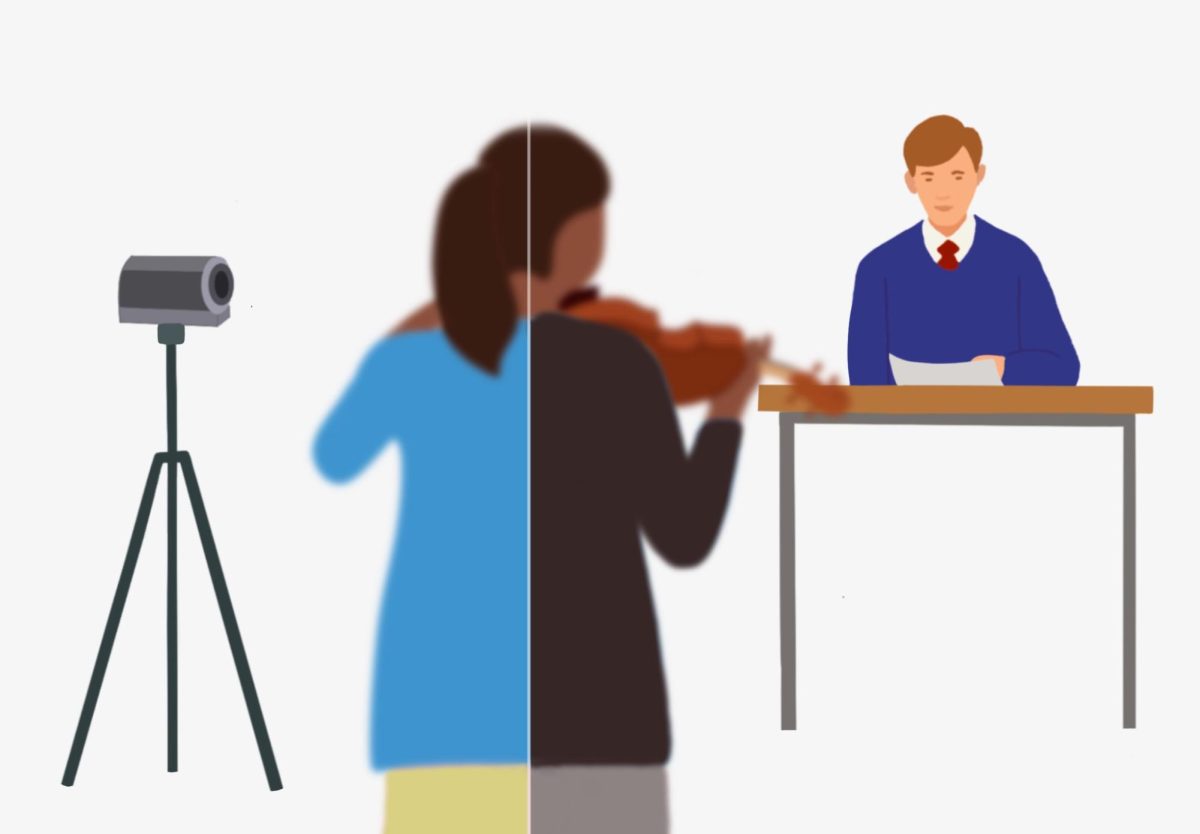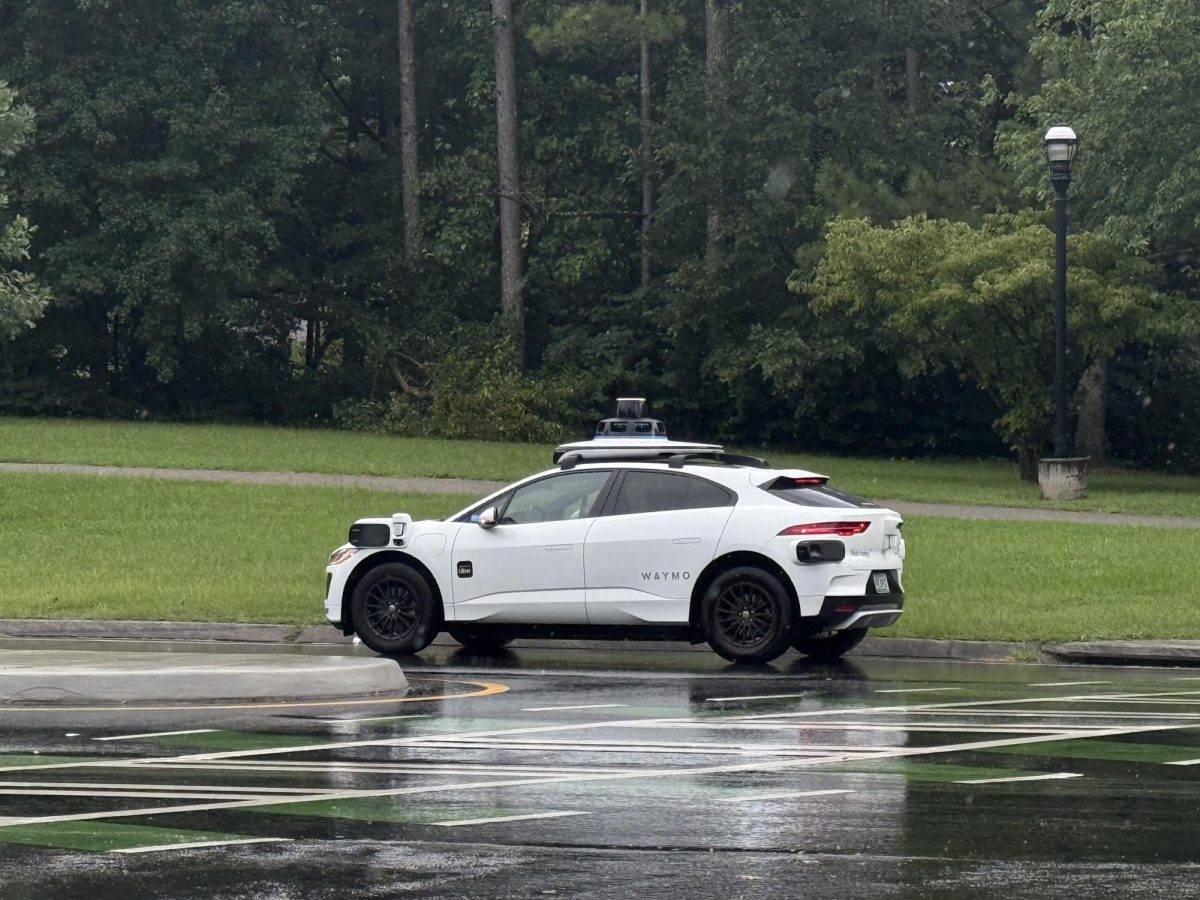When the Covid pandemic broke out in March 2020, the world shut down. As people had to adapt to being unable to see each other in person, classes and jobs weren’t the only things that moved online. With this shift, many orchestra auditions moved online as well, creating new challenges from audition integrity to increased performance anxiety.
An online audition usually consists of recording a video of scales or a musical excerpt and emailing it to evaluators. In the past, musicians would have to play live in front of the evaluators—no pauses, no redos. However, since the pandemic, many orchestras have kept their audition process online. For example, the Georgia Youth Symphony Orchestra previously only ever hosted in-person auditions, but has remained online since the pandemic. Others, like the Emory Youth Symphony Orchestra, hosted online auditions during the pandemic, but have since returned to in-person auditions.
Another orchestra that made a swift return to in-person auditions is the Georgia Music Educators Association’s Georgia All-State Orchestra. Known for its rigorous selection process and high-caliber musicians, All-State holds its string section auditions over four months every year, with the first round being held in October and the second round in January.
While these auditions typically bring stress and anxiety to many musicians, it is clear that the pandemic shift to online auditions and decreased performances in front of a crowd worsened musicians’ performance anxiety. A study published by Frontiers in Sociology found that after overall levels of anxiety increased post-pandemic, the general U.S. population’s anxiety levels have reverted back to normal, while classical musicians have maintained high levels of worry and performance anxiety.
This high anxiety can be traced to the lack of performance opportunities and isolation in the pandemic era. After over a year with almost no auditions or solo performances, and the few that did happen to be online, many musicians struggled to return to the world of in-person auditions as their performance anxiety increased.
On the other hand, in-person auditions can be extremely beneficial in some instances. For example, in-person auditions give evaluators the ability to test musicians’ sight reading, which is the ability to play new music after only a minute of review. With pre-recorded videos, orchestras were unable to test whether the candidates were able to read music quickly.
Additionally, while a rare occurrence, some musicians would attempt to edit their video submissions when the auditions were online, harming the integrity of the audition. However, as most audition tapes require a full view of the instrument, it would be difficult to overlay or enhance the audio without anyone noticing.
While it’s clear that in-person auditions bring stress and increased anxiety for musicians, it’s also clear that advanced orchestras, like the Georgia All-State Orchestra, can’t simply move their auditions online. To accurately judge a musician’s performance, auditions should be conducted in person, but initiatives must be taken to mediate performance anxiety.
One method orchestras can utilize is blind auditions, which is where judges listen to performances from behind a curtain. While they don’t completely relieve performance anxiety, blind auditions can help musicians feel more at ease when playing in front of evaluators.
Everyone is different and everyone experiences performance anxiety differently. There might not be a single viable solution to the pandemic’s setback in musician confidence, so this problem may just have to solve itself. As time goes on, the effects of the pandemic will begin to lessen and musicians will be able to move on from their pandemic-induced performance anxiety. Until then, orchestral institutions can work to foster a supportive environment and musicians can work to be more accepting of their own mental blocks and challenges.














